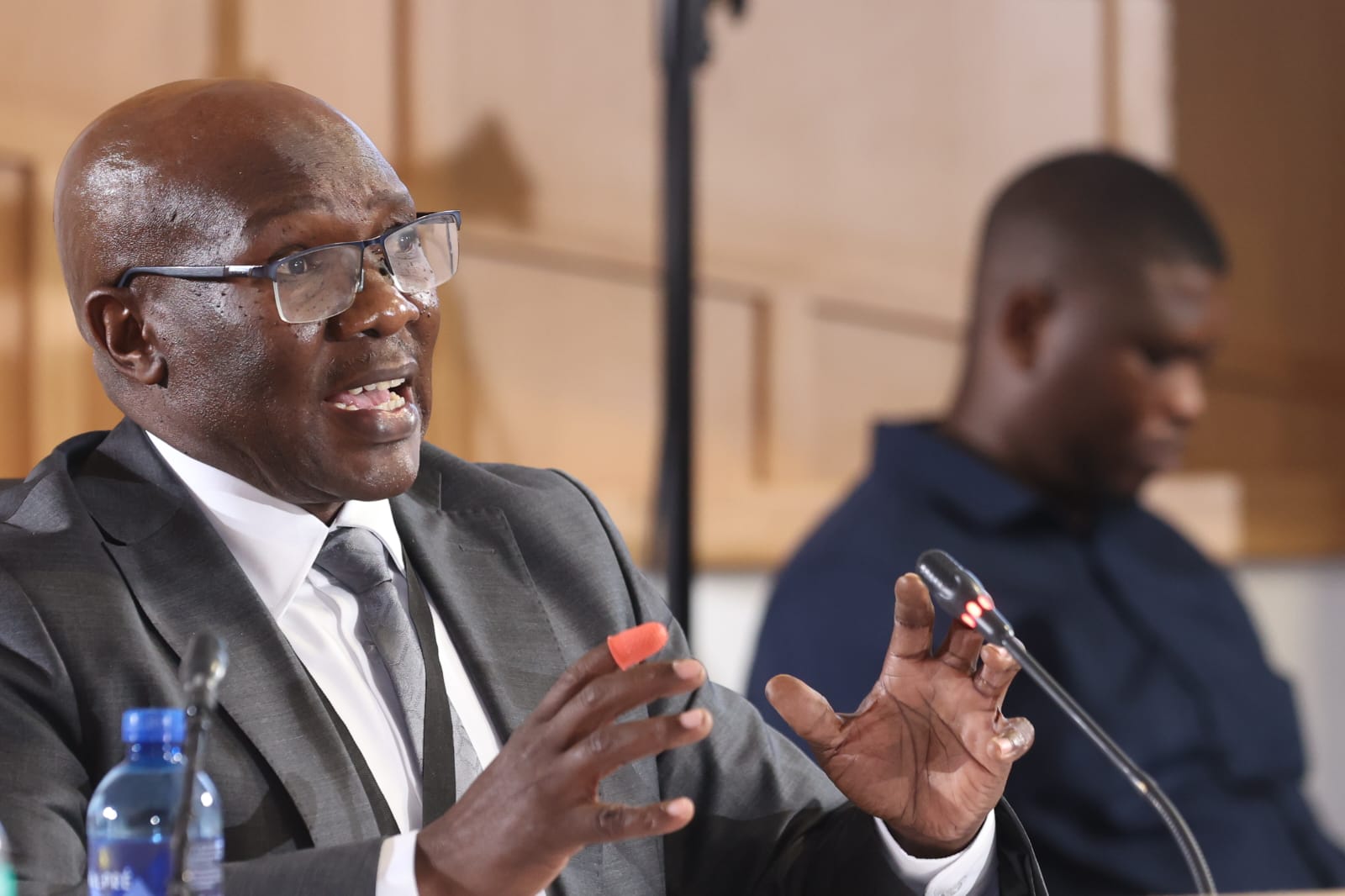News
Inside the Political Killings Task Team: The SAPS Unit That Works Against the Clock

Inside the Political Killings Task Team: The SAPS Unit That Works Against the Clock
A rare look into the high-speed, high-pressure world of South Africa’s most relentless police unit
In a police system often accused of red tape and delay, one unit has become known for defying the odds. The Political Killings Task Team (PKTT), a specialised branch of the South African Police Service (SAPS), has been quietly rewriting the rules of police efficiency.
At the Madlanga Commission this week, Captain Solomon Modisane, a seasoned SAPS ballistics expert, lifted the lid on just how differently this team operates. While it typically takes the SAPS about 30 days to complete a ballistics analysis, the PKTT wraps it up in three days, at most.
“We will work until it’s late,” Modisane told the commission.
That simple statement revealed a culture of urgency and dedication rarely seen in South Africa’s overstretched law enforcement landscape.
“We Made Our Own Turnaround Time”
When Commissioner Advocate Sandile Khumalo pressed Modisane on whether such speed was typical within SAPS, the answer was a firm no.
“It was unique,” Modisane replied. “Our normal turnaround time in ballistics analysis is 30 days, if I am not mistaken, to finish a case. But in the PKTT, we made our own turnaround time, three days, maximum.”
It wasn’t just a procedural difference. It was a mindset.
The PKTT was formed to tackle one of South Africa’s most alarming trends: politically motivated assassinations, particularly in provinces like KwaZulu-Natal, where local political disputes have too often turned deadly.
Their mission demanded urgency and the team responded by creating its own rhythm of relentless work, late nights, and self-imposed deadlines.
A System Under Strain
The PKTT’s efficiency stands in stark contrast to the broader crisis unfolding within SAPS forensic services.
Earlier this week, Brigadier Mishak Mkhabela, another SAPS ballistics expert, revealed a staggering 41,846 criminal cases are stuck in the forensic backlog. The picture he painted before the Madlanga Commission was grim: a system buckling under pressure, crippled by staff shortages, scarce resources, and overcrowded evidence storage facilities.
In one startling admission, Mkhabela said that SAPS had been forced to repurpose a museum to store seized firearms and even that space is now overflowing.
The contrast is hard to miss: while the PKTT pushes through complex investigations within days, the rest of the system is literally running out of room to store the evidence.
Why the Task Team Matters
The PKTT’s success is more than just a technical achievement, it’s a lifeline for justice in politically sensitive cases where speed can mean safety.
Every day lost in bureaucracy risks tipping the balance in favour of perpetrators who thrive in the shadows of delay. In a country where local councillors, whistleblowers, and activists have been targeted for speaking out, swift forensic results are crucial for arrests, convictions, and deterrence.
The unit’s work ethic has also sparked conversations about what could happen if the same energy and accountability were applied across SAPS divisions.
“Imagine if all forensic units had the same turnaround time,” one X (formerly Twitter) user wrote. “South Africa’s conviction rate would skyrocket.”
What Sets Them Apart
Several observers believe the difference lies in purpose and pressure. The PKTT is driven by national urgency and direct accountability to top law enforcement structures. Their cases draw public scrutiny, political attention, and often, fear of further killings, leaving no room for complacency.
Unlike other SAPS departments where resource constraints often breed inertia, the PKTT’s focused mandate and small, skilled team allow for faster collaboration and decision-making.
“They work like people who know lives depend on them, because they do,” said one police insider familiar with the task team’s operations.
The revelations before the Madlanga Commission have reignited public debate about the future of South Africa’s police service. Should other units adopt the PKTT’s model? Or is the task team’s pace only possible because of its limited scope and specialised focus?
Either way, the message from the hearings is clear: efficiency in policing is possible, even within a struggling system, when leadership, urgency, and purpose align.
As South Africa continues to grapple with politically motivated violence and a mounting backlog of unsolved cases, the Political Killings Task Team stands as both an outlier and a reminder, that the country’s fight for justice doesn’t have to move at a snail’s pace.
{Source: IOL}
Follow Joburg ETC on Facebook, Twitter , TikTok and Instagram
For more News in Johannesburg, visit joburgetc.com


























